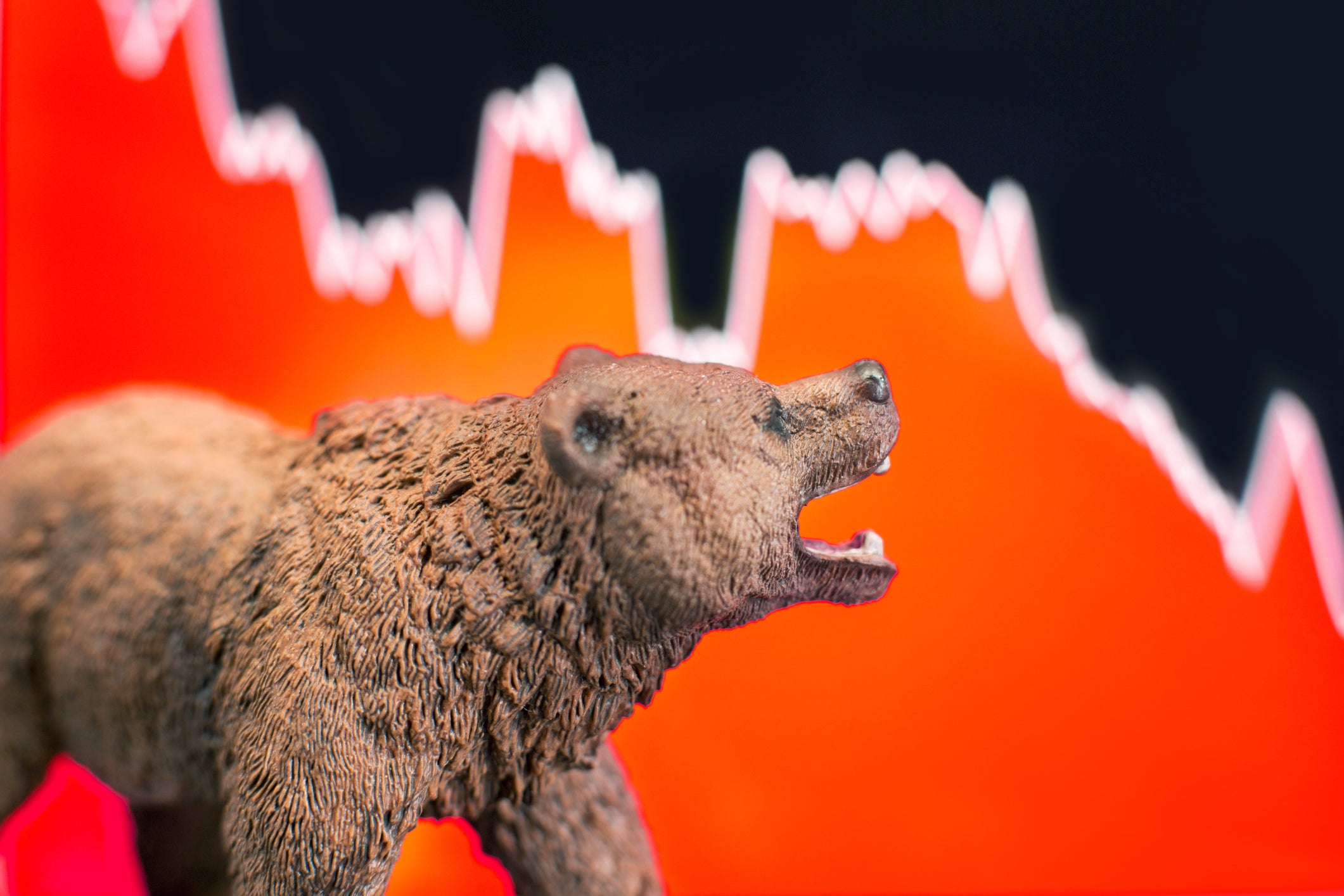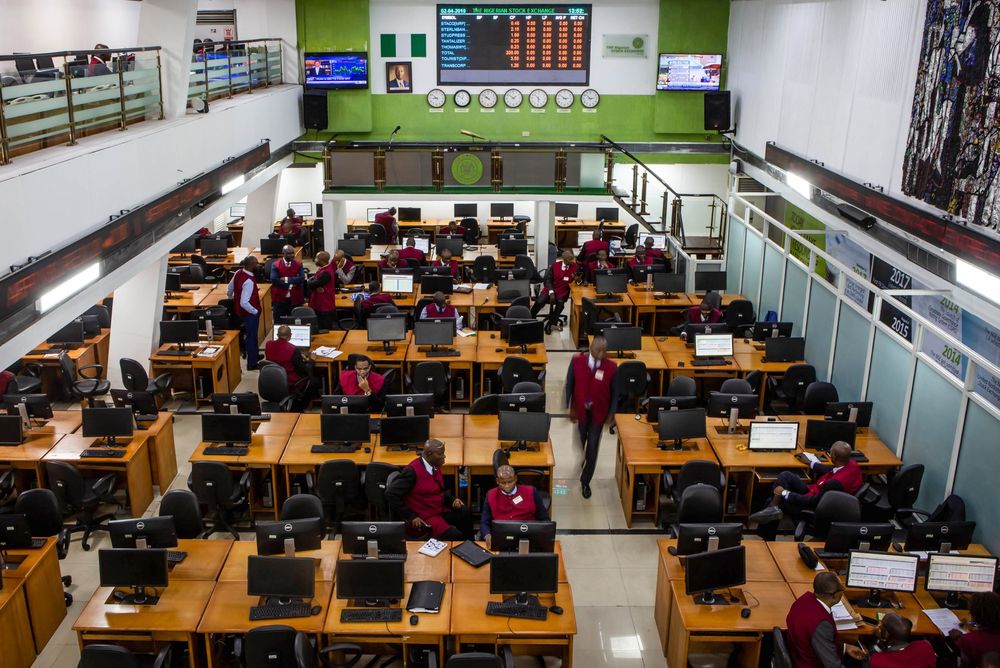Nigerian Exchange Limited
Nigerian Stock Market Shed N283 Billion in August 2022
Nigeria Exchange Limited (NGX) closed lower in August despite earnings and dividends announcement from listed companies

Nigerian Exchange Limited
Nigerian Stock Market Sinks as Benchmark Index Hits January Levels
Nigerian Exchange Limited
AVA Infrastructure Series 1 Fund Now Available for Trading on NGX Platform
Nigerian Exchange Limited
Nigerian Equities Drop 1.36% on PZ Cussons, Secure Electronic Technology Losses
-

 Naira3 weeks ago
Naira3 weeks agoDollar to Naira Black Market Today, April 24th, 2024
-

 News4 weeks ago
News4 weeks agoARISE News Channel Goes Global: Launches in Nine Southern African Countries
-

 Naira4 weeks ago
Naira4 weeks agoDollar to Naira Black Market Today, April 22nd, 2024
-

 Naira3 weeks ago
Naira3 weeks agoDollar to Naira Black Market Today, April 25th, 2024
-

 Jobs4 weeks ago
Jobs4 weeks agoJob Cuts Hit Tesla: More Than 6,000 Positions Axed Across Texas and California
-

 Travel3 weeks ago
Travel3 weeks agoSaudi Arabia Breaks 70-Year Alcohol Ban, Opening Shop for Diplomats
-

 Naira3 weeks ago
Naira3 weeks agoDollar to Naira Black Market Today, April 30th, 2024
-

 Investment4 weeks ago
Investment4 weeks agoMinister Accuses Past NCDMB Leadership of Squandering $500m on Unproductive Projects























